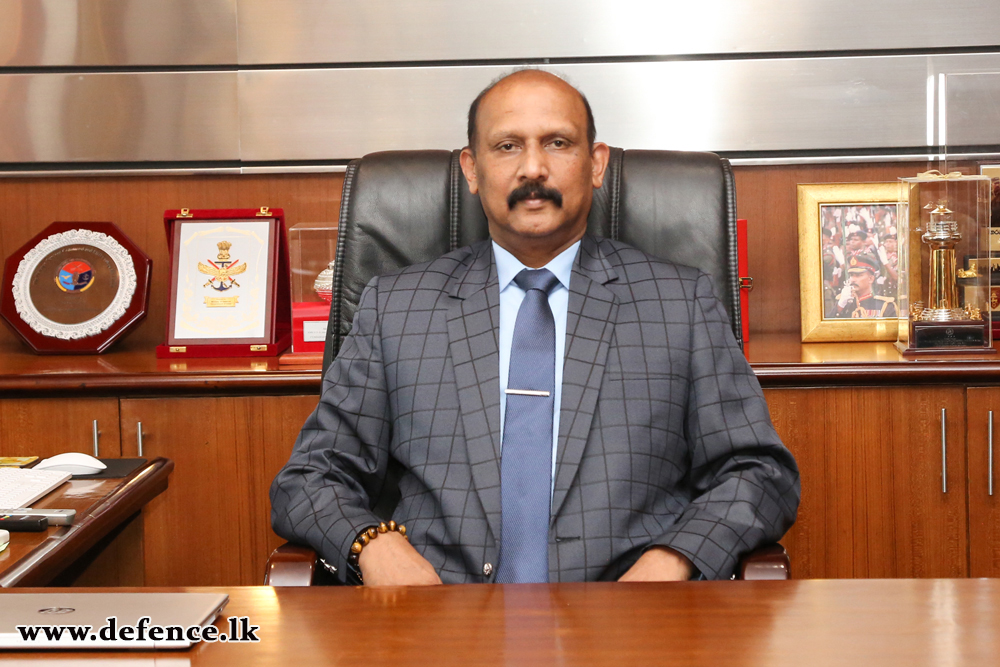
Sri Lanka’s defence secretary acknowledged the use of military intelligence operatives and computer software to track people it suspects of having contact with the coronavirus, in an admission that gives a glimpse into the extent of the military’s reach in contact tracing this week.
Kamal Gunaratne, a credibly accused war criminal, admitted that military intelligence was leading Sri Lanka’s COIVD-19 response, stating that with all cases a “full investigation starts from there with the involvement of the intelligence agencies”.
“These officers are having sleepless nights searching people who had close contacts with coronavirus infected patients,” said Gunaratne.
“[Military Intelligence] officers will also get all mobile contacts of patients from the respective service providers and also the places that they have visited last,” he continued. “We have a software that the intelligence agencies can easily identify those infected persons. All those details of infected persons will be given to relevant authorities.”
His comments revealed the extent to which Sri Lanka’s security forces have been leading the state’s coronavirus response, which has already seen soldiers set up quarantine centres across the island.
“The military is saddled with a huge responsibility to ensure national security whether it is a threat or an attack from terrorists, pandemic or natural disasters,” Gunaratne added.
See more from Sri Lanka’s ministry of defence here.
